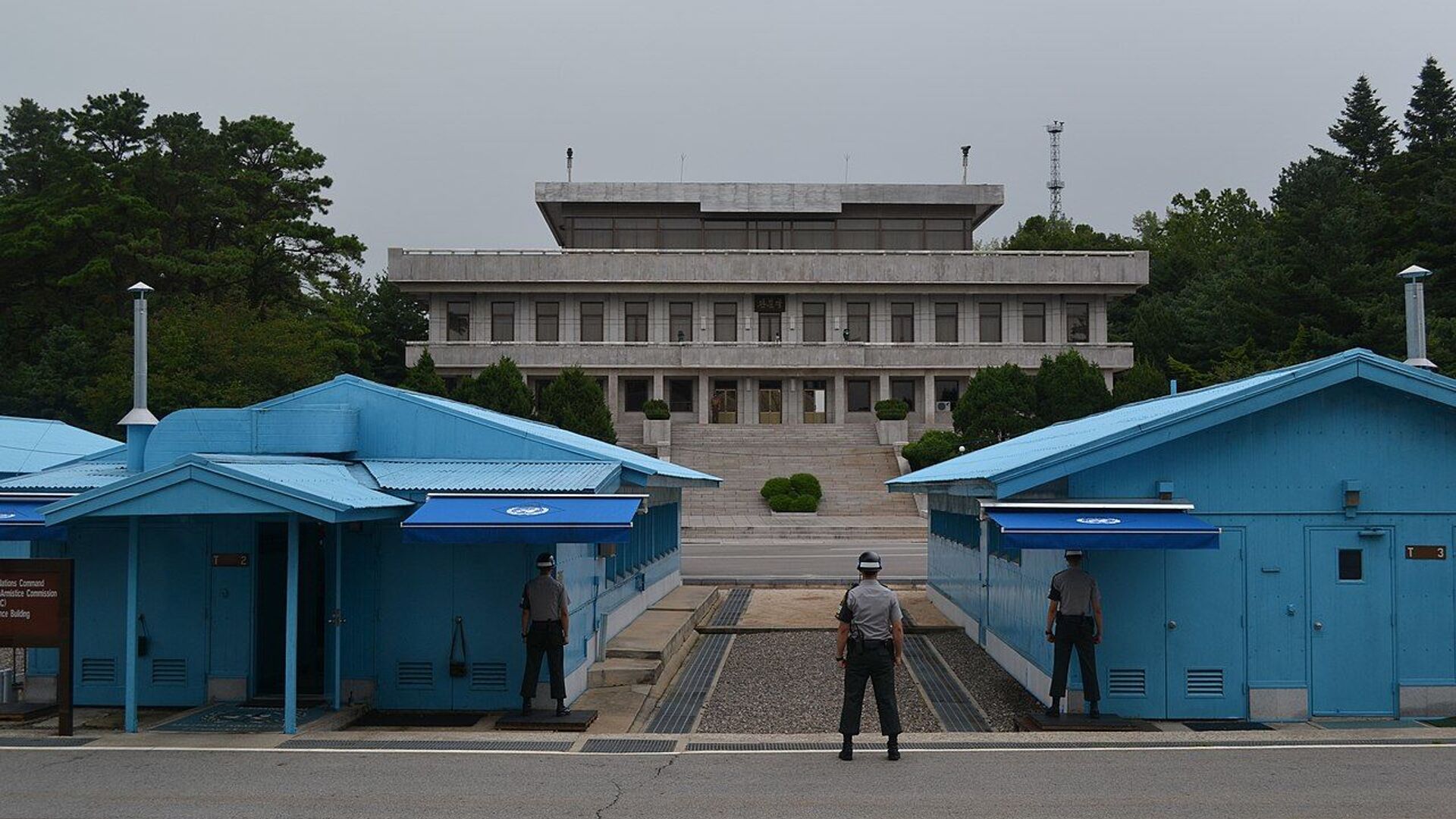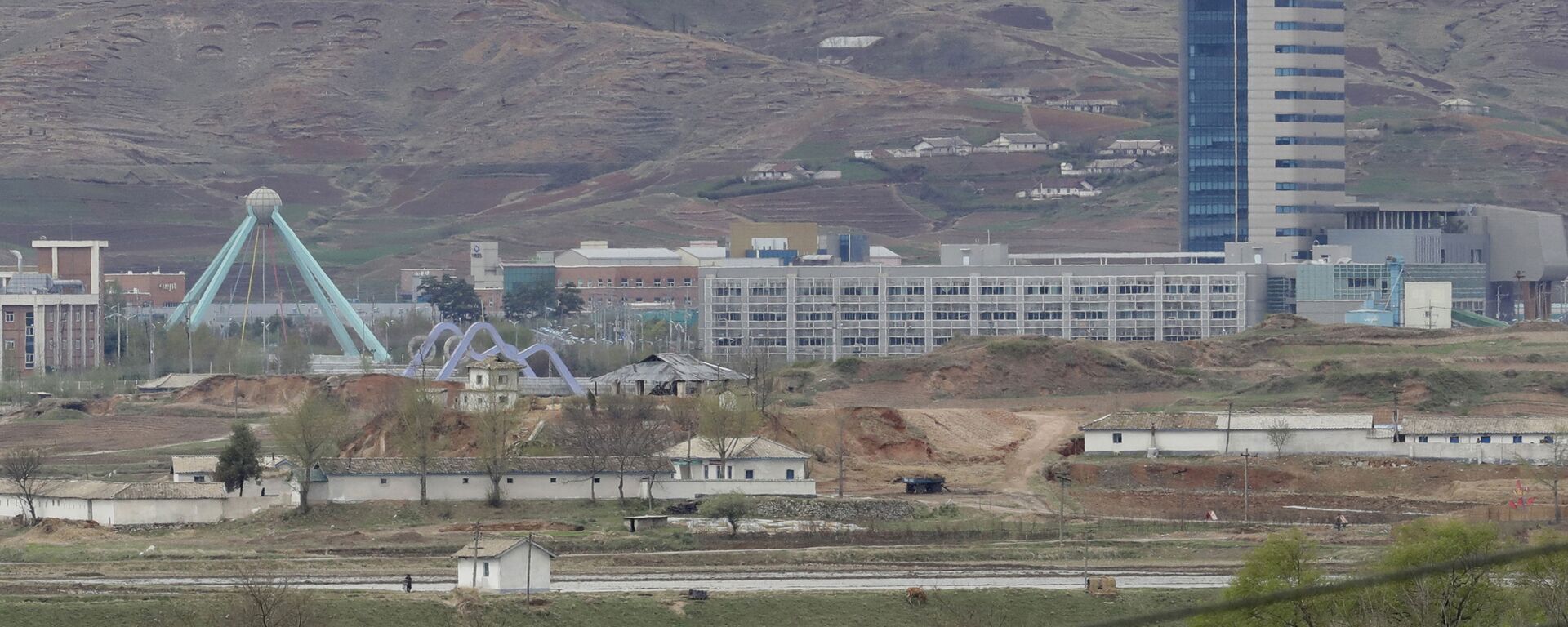"We have five years . . . of tough sanctions, so maybe it is time to see whether sanctions have positively contributed to the successful denuclearisation process of North Korea or not," Lee told the Financial Times.
As a result of these sanctions, coupled with strict border closures, the COVID-19 pandemic, typhoon damages and brutally cold winter, North Korea is currently facing food security issues, medical supplies shortages and other economic pressures.
"We are watching North Korea very carefully with the concern that there might be a humanitarian crisis," the minister was quoted as saying.
In the light of the worsening conditions and looming crisis, Lee In-young expressed hope that the international community would understand "the unique nature of inter-Korean relations" and have "a more supportive view of inter-Korean projects and co-operation."
Sanctions aimed at hindering the North Korean nuclear program were imposed by the United Nations with the backing of the US in 2017 in response to Pyongyang's launch of an intercontinental ballistic missile.



